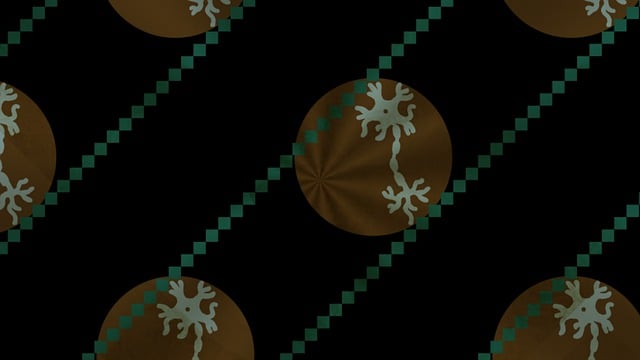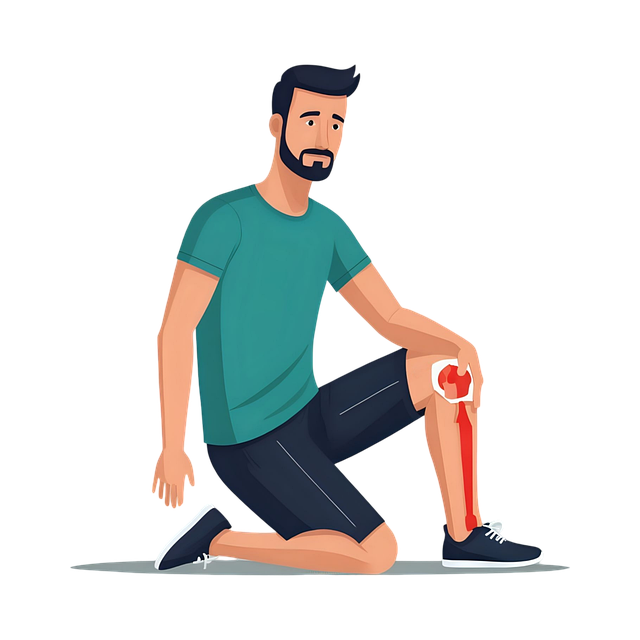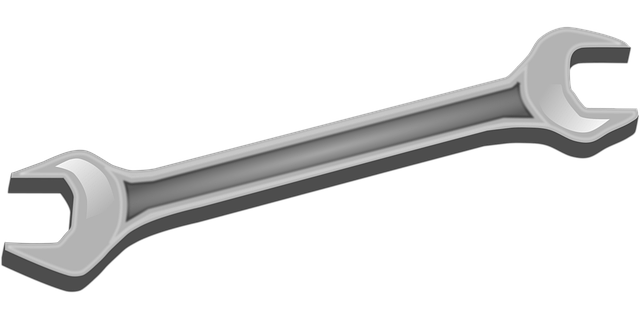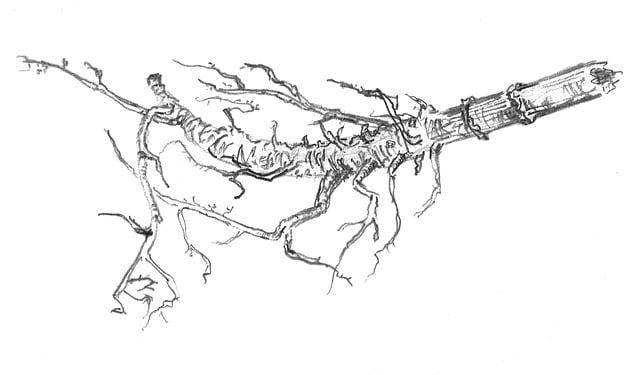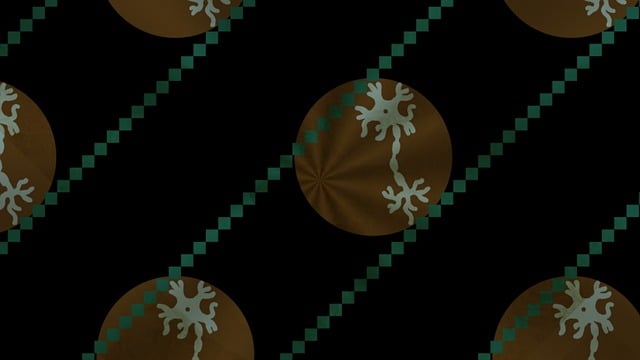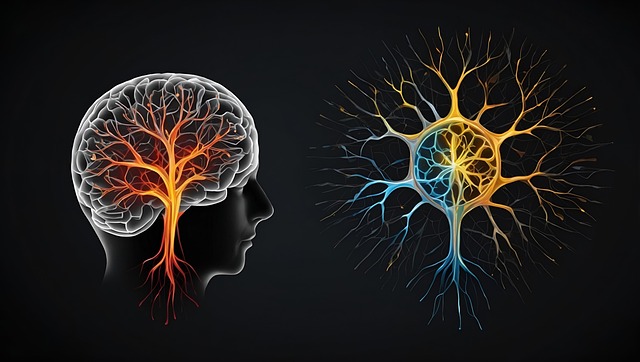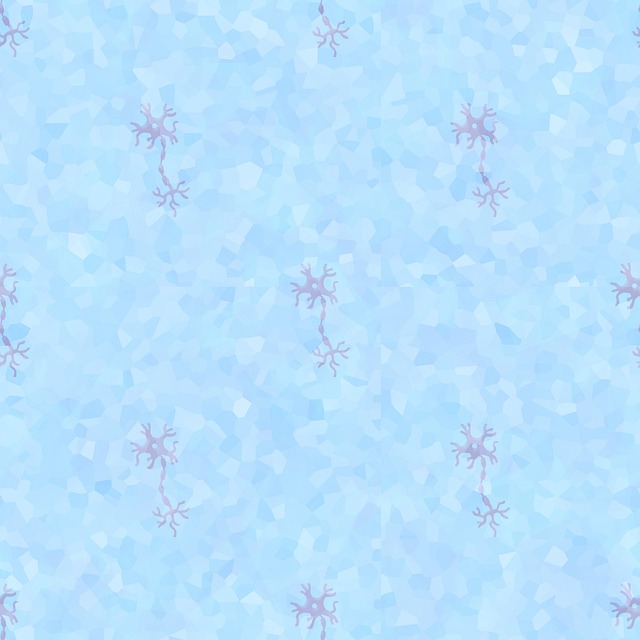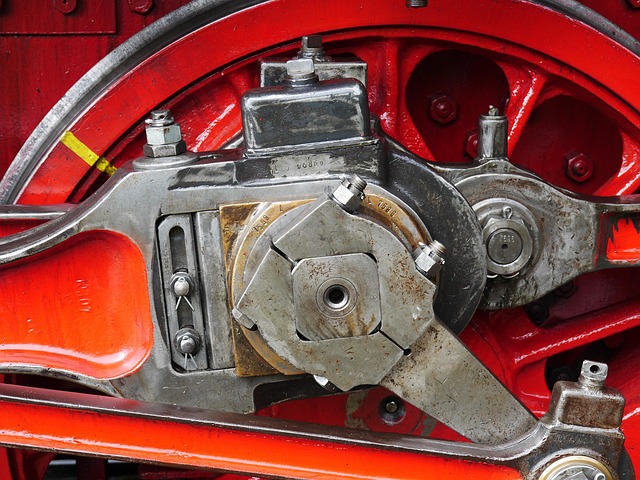After a car accident, experiencing symptoms like arm numbness or sharp pain could indicate a pinched nerve due to compression from the impact. A chiropractor diagnoses this through physical exams, imaging, and nerve studies, then provides non-invasive treatments like spinal manipulation and stretching to reduce pain and restore nerve function. Along with chiropractic care, physical therapy and lifestyle adjustments are vital for complete recovery, empowering individuals to actively participate in their healing process.
“Suffering from nerve damage after an accident? Discover effective strategies for restoring nerve function. This comprehensive guide explores the common symptoms and diagnosis of ‘pinched nerves’ post-crash, highlighting chiropractic care as a leading treatment option. Learn how professionals can alleviate pain and improve mobility. Additionally, we delve into complementary therapies and lifestyle adjustments to expedite your recovery journey, focusing on a holistic approach with the potential support from your chiropractor.”
- Understanding Pinched Nerves After a Crash: Symptoms and Diagnosis
- Chiropractic Care as a Treatment Option for Pinched Nerves
- Additional Therapies and Lifestyle Changes for Complete Recovery
Understanding Pinched Nerves After a Crash: Symptoms and Diagnosis
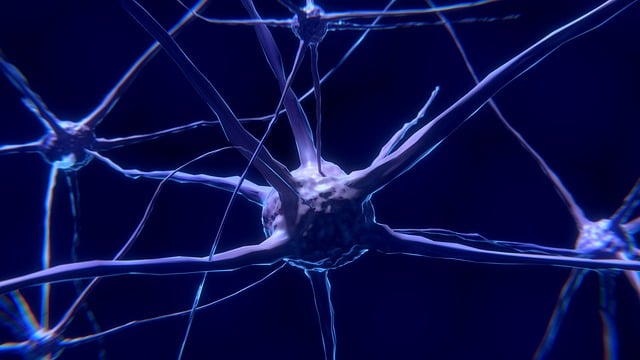
After a car accident, it’s common to experience symptoms that indicate a pinched nerve. This occurs when the impact causes compression or irritation of the nerves, leading to pain and discomfort. Symptoms can include sharp or dull pain, numbness, tingling, and weakness in the affected area. For instance, a whiplash injury might cause pinched nerves in the neck, resulting in arm numbness or pain radiating down the shoulders.
Diagnosing pinched nerves after a crash involves a comprehensive evaluation by a healthcare professional, often a chiropractor. They will conduct a thorough physical examination, checking for tender spots and assessing nerve function. Diagnostic tools may include imaging tests like X-rays, MRI scans, or electrodiagnostic tests like nerve conduction studies to pinpoint the affected nerves and guide the treatment for pinched nerves after a crash with chiropractor.
Chiropractic Care as a Treatment Option for Pinched Nerves

Chiropractic care offers a promising treatment option for individuals suffering from pinched nerves as a result of accidents, particularly car crashes. This holistic approach focuses on the manipulation and adjustment of the spine to alleviate pressure on affected nerves. Chiropractors are trained to diagnose nerve compression by assessing spinal alignment and range of motion. Through techniques like spinal manipulation, joint mobilization, and specific stretching exercises, they aim to reduce pain, restore nerve function, and promote healing.
Chiropractic care is particularly beneficial for pinched nerves as it not only addresses the physical symptoms but also considers the body’s overall response to trauma. By improving nerve communication between the brain and body, chiropractors help accelerate the recovery process. This treatment method is often a non-invasive alternative to surgery, making it an appealing choice for those seeking a natural approach to healing after an accident.
Additional Therapies and Lifestyle Changes for Complete Recovery

After a serious accident, restoring nerve function and achieving complete recovery often requires more than just medical interventions. In addition to chiropractic care, which is crucial for realigning the spine and alleviating pressure on pinched nerves, patients can benefit from several other therapies and lifestyle changes. Physical therapy plays a significant role in strengthening muscles around the affected area, improving flexibility, and enhancing overall mobility. This tailored approach ensures that individuals not only recover from their immediate injuries but also build resilience against future issues.
Lifestyle adjustments are equally vital. Maintaining a healthy diet rich in vitamins and minerals supports nerve health and aids in healing. Regular exercise, under professional guidance, strengthens the body and improves circulation, both essential for repairing damaged nerves. Additionally, stress management techniques like yoga or meditation can be beneficial as stress negatively impacts nerve function. Incorporating these strategies into daily routines empowers individuals to take an active role in their recovery process alongside professional treatment for pinched nerves after a crash with a chiropractor.
Restoring nerve function after an accident is a multifaceted process. By understanding the symptoms and seeking appropriate treatments like chiropractic care, individuals can effectively manage pinched nerves. While chiropractic care offers a natural approach to healing, additional therapies and lifestyle changes are crucial for complete recovery. For those looking for a holistic solution to treat pinched nerves after a crash, considering chiropractor-led care as a primary treatment option can be beneficial, ensuring optimal nerve function and improved quality of life.
